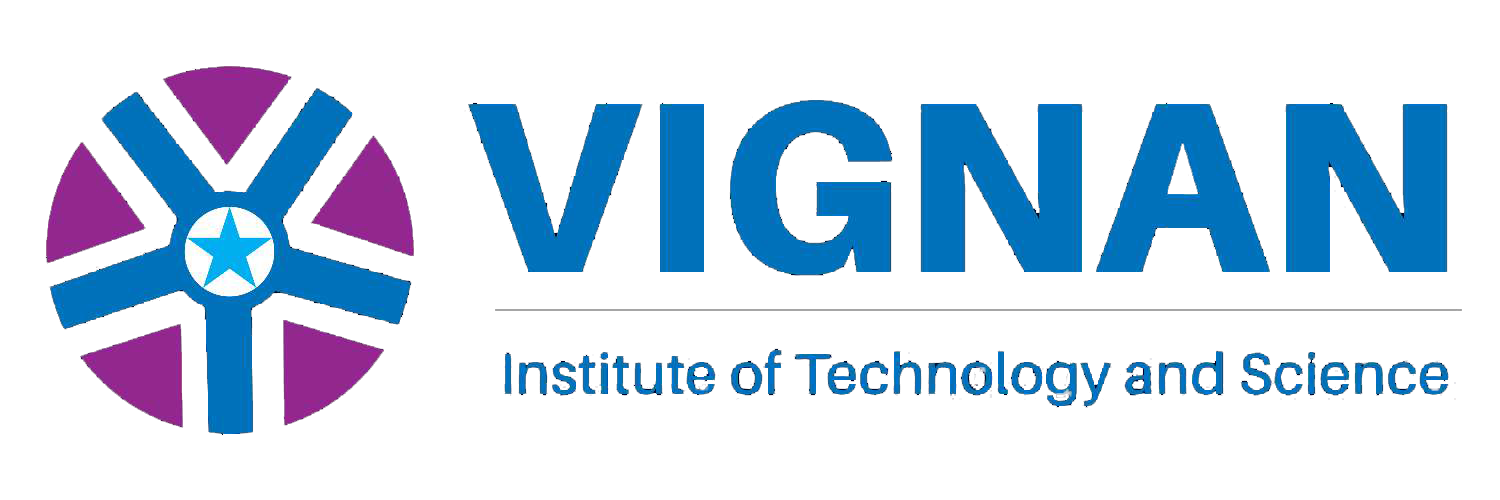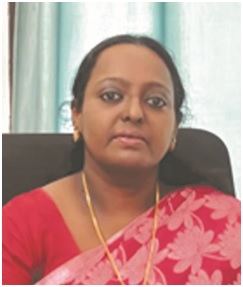Department of Artificial intelligence and Machine Learning was started in the year 2020. Artificial intelligence and Machine Learning is field of computer science used to design models with help of Structured, semi-structured and unstructured data to solve complex problems. AI & ML is used in different areas such as Image Recognition, Automatic Language Translation, Speech Recognition, Product Recommendations, Self Driving Cars, Email Spam and Malware Filtering etc.
- B.Tech CSE-(AI & ML) : 120
- Duration : 04 Years

